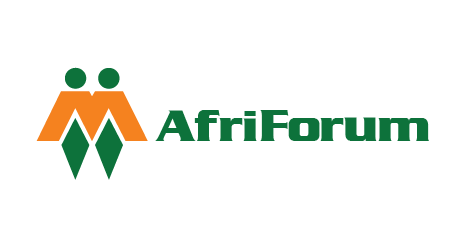The civil rights organisation AfriForum submitted detailed commentary on the Bill on National Health Insurance (NHI) today and strongly objected thereto.
Dr Eugene Brink, Strategic Advisor at AfriForum, says the Bill is problematic and vague in various respects and that AfriForum in its commentary submitted detailed critique thereon: “One of the single biggest problems with this is the cost thereof. Nowhere in the Bill is it mentioned how much this would cost, but the tax payer is casually being forced to pay for it.
“To want to provide comprehensive, free health services to 55 million people while companies and only about 5 million people pay tax, is madness. At the end of the day it doesn’t happen now and the middle class do not have money for it, while there is also no indication of what exactly is meant by these comprehensive services.”
Brink says seeing that NHI forces compulsory and growing costs onto the middle class, it will impede – and probably ultimately end – their ability to still be members of medical aids and afford private health services. “Everyone will then be dependent on the miserable public health sector and therefore increase the burden on this sector. It will naturally increase middle class emigration and undermine the financing model for NHI.”
According to Brink, the state wants to (in accordance with the Bill) not only be the regulator but also the client of health services in South Africa. “Although the Bill states that the NHI fund to be formed will purchase services from both the public and private sector on behalf of the public, it means in practise that the fund will only purchase services from the private sector. As in the case of land, the state will no longer want to pay market-related prices and will bully the private sector to deliver services to the larger public at pre-set prices. This state of affairs will again see medical practitioners emigrating at a faster rate.”
AfriForum’s commentary is also focused on pointing out the state’s neglect of duty in terms of corruption, merit and proper management. “Corruption, irregular expenditure, affirmative action and cadre deployment all define today’s health sector. Why would it be any different with NHI? Should these problems not be corrected, more money would not help.”
The public has until Thursday 20 September 2018 to give commentary on the NHI Bill. AfriForum created the website www.jougesondheid.co.za to make it simple to make your objections against this Bill. Your money, your health – let your voice be heard!

